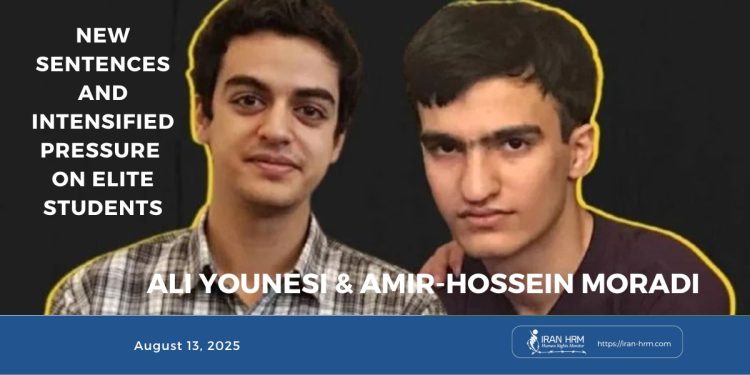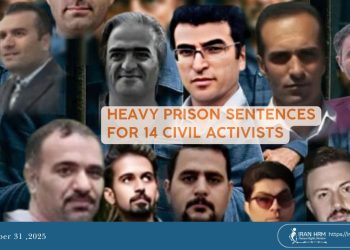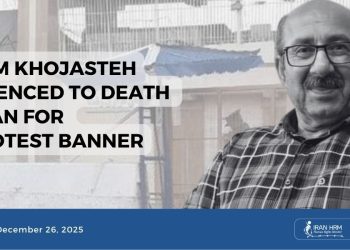Branch 29 of the Tehran Revolutionary Court has recently issued new rulings against Ali Younesi and Amir-Hossein Moradi, two elite students of Sharif University of Technology and political prisoners. The two have been in detention since 2020 and were previously each sentenced to 16 years in prison, of which 10 years are enforceable.
Details of the New Rulings
According to the latest verdict, both students have been sentenced to an additional 15 months in prison on charges of “propaganda against the regime.” In addition, Ali Younesi has been charged with the new offense and sentenced to five years in Kerman Prison.
This sentence for Younesi also includes supplementary restrictions on communication: a complete ban on the use of social media and telephone contact outside his place of detention, except in urgent cases and under the direct supervision of the prison warden.
Transfer to a “Safe House” and Human Rights Concerns
According to informed sources, following the attack on Evin Prison and the transfer of several prisoners to Fashafouyeh, Ali Younesi has for some time been moved to a “safe house” affiliated with security agencies in Qom. This location has conditions similar to prolonged solitary confinement—no free access to a lawyer, no regular contact with family, and complete control over his movements and correspondence.
This transfer was not officially communicated to his family or lawyers. Human rights experts consider this action a violation of the principle prohibiting secret detentions and inconsistent with Iran’s international obligations, warning that such conditions increase the risk of torture and psychological pressure.
Academic Background and Achievements
- Ali Younesi (born 1999) – Computer engineering student, silver medalist in the 2016 National Astronomy Olympiad and gold medalist in the 2017 International Astronomy Olympiad.
- Amir-Hossein Moradi – Physics student, silver medalist in the 2017 National Astronomy Olympiad.
Both have been prominent scientific figures in the field of astronomy in Iran, and their prolonged detention and judicial restrictions have halted their academic and research careers.
Reactions from Defense Lawyers and Families
Mostafa Nili, the lawyer for the two students, has stated that the new rulings not only lengthen their prison terms but also impose supplementary punishments that minimize their contact with the outside world. Families have repeatedly expressed concern over their children’s physical and mental health, describing the deprivation of books and academic resources, denial of education, and uncertainty over their exact place of detention as a form of additional torture.







